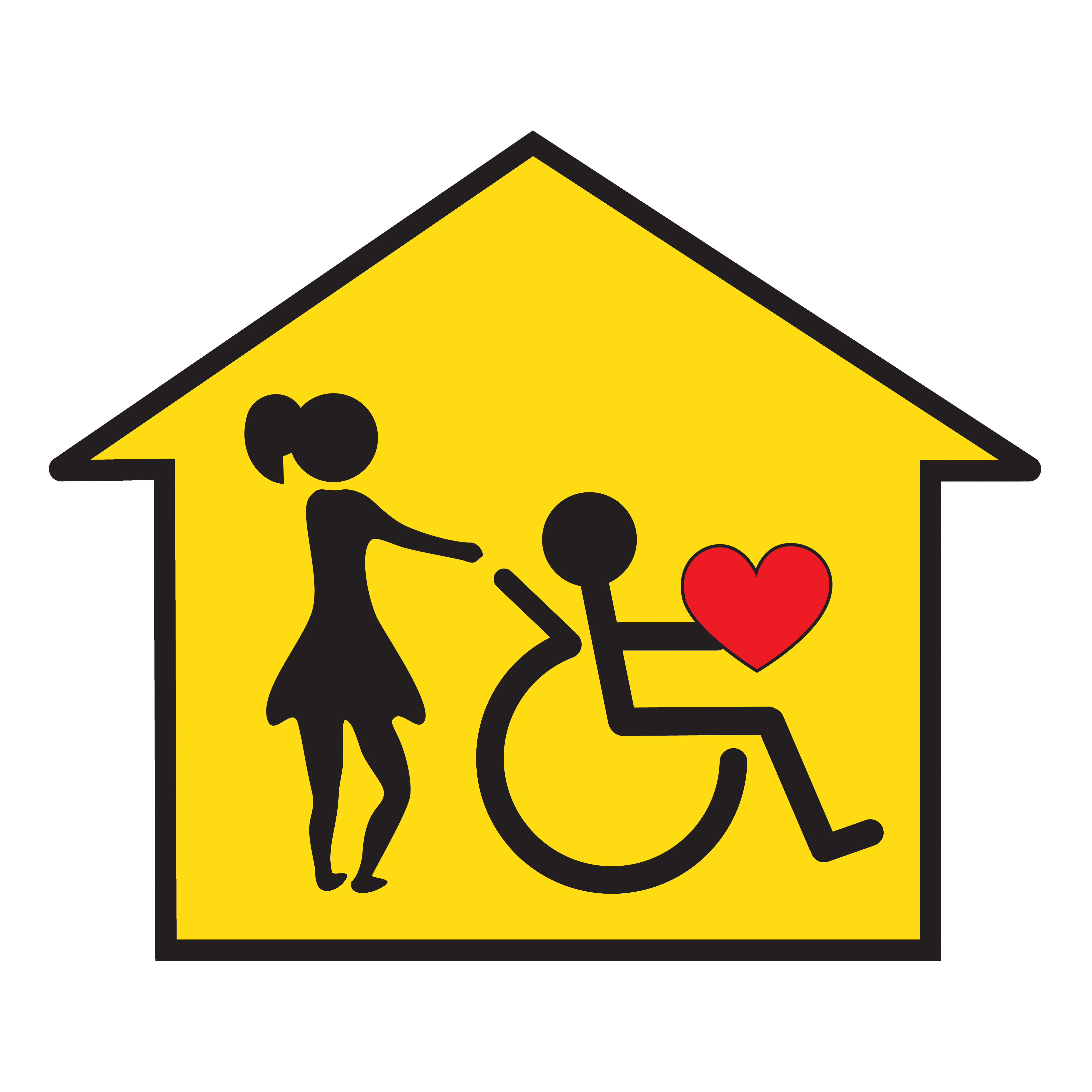Finding Accessible Starter Homes: Overcoming Challenges in Real Estate for Disabled Buyers
By Leisa Ormsbee
May 20, 2025 at 12:05 PM CDT
Finding a starter home with necessary accessibility features can be particularly tough for handicapped homebuyers and on top of that in our already competitive markets.

Finding a starter home that is suitable for handicapped buyers can indeed be a challenge, and several factors contribute to this difficulty. In rapidly growing real estate markets like the Austin, San Antonio, Houston and Dalas metro areas, where demand often outstrips supply, finding a home in general can be a competitive affair. For those seeking homes with specific accessibility features, the process can feel even more daunting.
One significant barrier is the cost associated with building or retrofitting homes to be fully accessible. Many starter homes are designed to be affordable, and thus builders often opt for standard designs that may lack the necessary features for handicapped accessibility. Features such as wider doorways, zero-step entries, accessible bathrooms, and kitchens can increase construction costs. Consequently, these homes are typically found in higher price ranges, making it harder for first-time buyers with access needs to find affordable options.
Additionally, there may be a limited awareness or understanding among builders regarding the demand for such homes. While the need for accessible housing has grown, especially with an aging population and the emphasis on providing equal opportunities for all, supply has not always kept pace. Consequently, many existing homes require significant modifications, and new homes with built-in accessibility features can be scarce.
However, there are proactive steps that potential buyers can take. Working with an experienced real estate professional, such as those at Realty Texas, can make a significant difference. Agents who are knowledgeable about the local market and familiar with accessible housing requirements can help identify properties that might meet buyers' needs or identify potential modifications for homes that otherwise fit the buyer's criteria.
Moreover, there are programs and loans available to assist disabled homebuyers with purchasing homes or modifying them to be more accessible. These can provide financial aid to bridge the gap between a standard home and one that fits the buyer's specific accessibility needs.
When searching for a home, consumers should also be educated about local zoning and building codes, which can affect the availability of accessible housing. Engaging with community leaders and local government can sometimes pave the way for policy changes that encourage more developments to include accessible units in their plans.
While the search for an accessible starter home can be more complicated, it is not insurmountable. With persistence, a good understanding of available resources, and the support of a dedicated real estate agent like Leisa Ormsbee at Realty Texas, aspiring homebuyers can find a residence that suits both their budget and accessibility requirements. By leveraging expert guidance and exploring all available options, the process becomes more navigable, leading eventually to a suitable home that accommodates all physical needs comfortably.
Comment